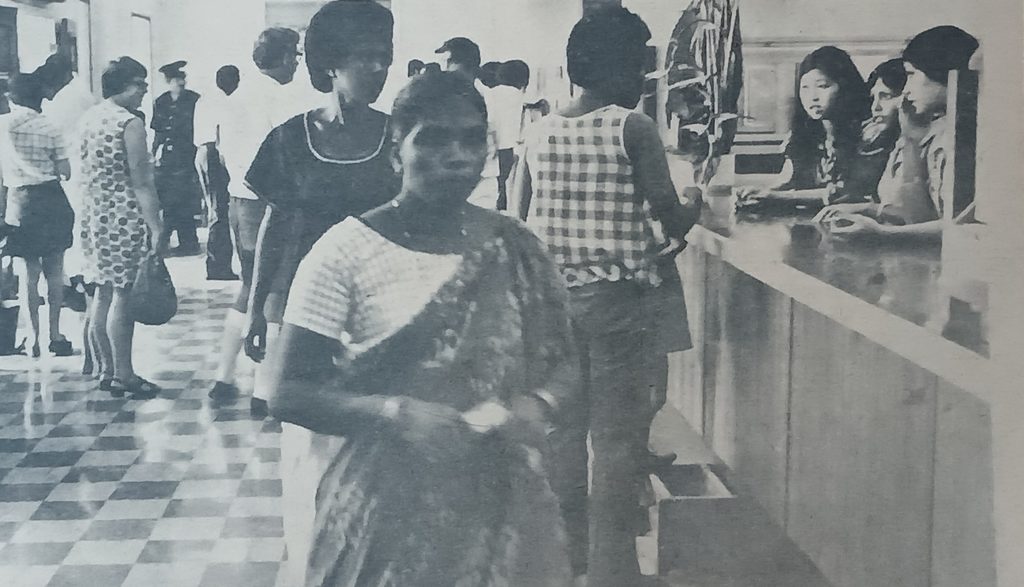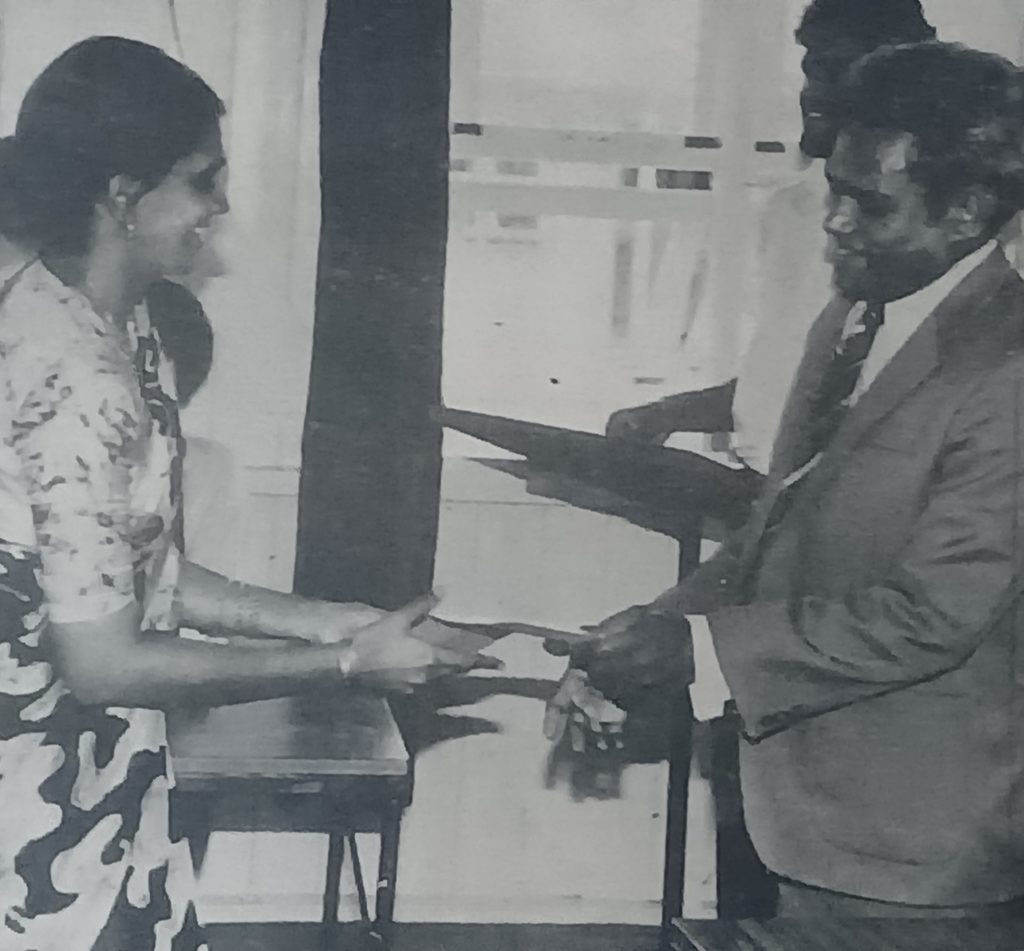PART 2
In last week’s In-Depth, we looked at the timeline of events that happened after the explicit video of former minister for women, children and social protection Lynda Tabuya was leaked.
There were varied reactions from the public including politicians and non-government organisations (NGOs) and there seem to be a lack of support altogether for Ms Tabuya, who was the victim of cyberbullying in this case.
Legal and ethical dimensions
THERE are laws in place that cover the posting, sending, or sharing of intimate images or videos of anyone without their consent.
There are also local institutions that record complains, investigate and penalise individuals who are caught taking part in this criminal activity.
The Online Safety Act of 2018, establishes the Online Safety Commission (OSC) to promote online safety, deter harmful electronic communication and provide efficient means of redress for individuals harmed by such communication.
The Act gives the OSC the right to receive complaints, investigate them, and take necessary legal actions.
But according to newly appointed OSC commissioner Filipe Batiwale, the Act is more aligned to advocacy and awareness rather than investigation and penalisation.
“We have a very limited scope in terms of enforcement and issuing stop notices and fines,” he told this newspaper.
“We’re going through a lot of legislative reform, so we’re looking at revising the current Act and making it sharper and more robust than what we’ve already got.”
He said the considered amendments would focus on tighter regulations for cyberbullying and sextortion as these are the most common complaints received at the commission.
He said the amendments will give the OSC “more teeth”.
Presently, OSC has memorandum of understandings with two international organisations – eSafety Commission in Australia and Netsafe in New Zealand.
“We look forward to reaching out and fostering those relations that have already been built by my predecessors.
“We’re also looking at expanding to our counterparts in Singapore and the UK as well.”
When asked about the leaked video, Mr Batiwale maintained that there was no preferential treatment for any minister or politician and all cases are treated the same.
“We’re just in the middle of reviewing all the files.
“We’ll provide an update when we have an update and when we in are position authorised by law too.”
Another institution that handles and investigates cybercrimes are the Fiji Police Force’s Cybercrime Unit and Digital Forensic Unit and according to Assistance Commissioner of Police Crime Mesake Waqa, the two units are investigating Ms Tabuya’s complaint.
“Their work is intertwined whereby the Digital Forensic officers are on the field extracting evidence or digital footprints and the Cybercrime officers deal with the investigative arm of the process.
“Cyber crimes are particularly complex because of its borderless nature and therefore we rely on our regional and international law enforcement partners to assist.”
Mr Waqa said police and the OSC have good working relations and they look forward to enhancing this relationship given the “evolving landscape where cyber enabled related crimes are on the rise”.
Why Lynda’s case?
Ms Tabuya’s case has been of national interest not only because of her political status, but because this is not the first time that she has been embroiled in a scandal of this nature.
In 2023, FijiLeaks, a news and analysis website operated by Victor Lal, released serious allegations of extramarital affairs between Ms Tabuya and Education Minister Aseri Radrodro during a parliamentary delegation trip to Victoria, Australia.
There were screenshots posted of what seemed to be messages between Ms Tabuya and a man. Lewd pictures of her were also posted that she was alleged to have shared with Mr Radrodro.
While both politicians denied any allegations of affair, the alleged scandal hadn’t died down before this explicit video of Ms Tabuya was leaked in December 2024.
FijiLeaks had also received the video from “an anonymous Santa Claus” and sent it to senior male members of the People’s Alliance party, including Prime Minister Sitiveni Rabuka.
The deeper we look into these two incidents; it seems more clearer that these were deliberate attacks to publicly assassinate Ms Tabuya’s political career.
Regardless of the context or circumstance in which the photos were taken or video shot, the fact remains that these contents were shared without Ms Tabuya’s consent thus making it a clear violation of her privacy.
But instead of focusing on the whos and hows, the focus was more on why she made the video. Or, in the case of the 2023 leaked photo, if it was indeed her.
Will this set a precedent on how all cases relating to unauthorised sharing of intimate images and videos in Fiji will be dealt with?
Instead of collectively calling for in-depth investigation into how the video was leaked, will we continue to focus on moral arguments like why the video was made in the first place?






